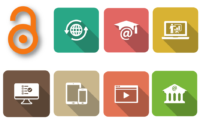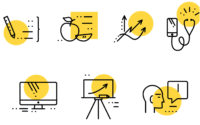
The Future of Education: Transforming higher education with integrated competency-based education
The future of education and paradigm shifts in eLearning are a hot topic of conversation for many educational institutions, in particular higher education. The purpose of this article to highlight one university’s new approach to transforming global higher education and eLearning with competency-based education, link this new and innovative approach to research, and provide implications […]
















